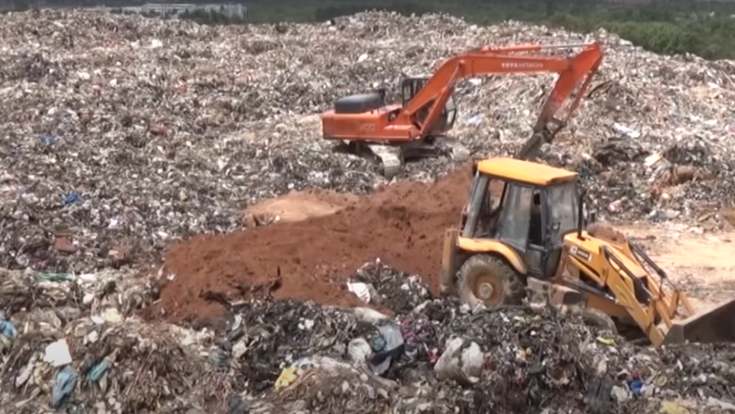Circular Economy : Slovakia: A Circular Economy in Progress

The Eastern European country reported that only 48 percent of municipal waste ended up in landfills while 44 percent got recycled.
This can be considered a milestone of sorts, considering the fact that in 2016, 69 percent of waste was still being sent to landfill. Yet the figures published by the national statistics office are also testament to the fact that Slovakia still fails to meet the 50 percent recycling target set by the European Commission.
A 2019 country report published by the EU Commission addresses other important issues that need to be dealt with before Slovakia can be said to have progressed to an efficient circular economy model. Lack of financial incentives to drive eco-conscious production represents one of those concerns. Public support measures issued to small and medium size companies for being resource efficient fell from 52 percent in 2015 to 43 percent in 2017, despite growing interest in sustainable options within the business sector. Low public funding and insufficient private investment in R&D were also identified as primary causes for the lack in eco-innovation within the country. On that account, in 2017, the country ranked 20th out of 28 EU countries.
The inefficiency of the waste management system was also attributed to the large number of municipalities in Slovakia, with each area sporting its own system for waste collection, treatment and recycling. The location and commercial availability of waste incineration plants in Bratislava and Košice serves to further exacerbate regional disparities-whereas only 8 percent of waste ends up being incinerated in the country as a whole, Bratislava and Košice alone burn 30 and 27 percent of their waste.
In 2020, the Slovak government made use of legislative as well as economic measures in order to tackle the above-mentioned issues as well as to promote sustainable waste management. A landfill charge set to be increased on an annual basis from 2021 onwards promises to divert waste from landfill while stimulating recycling and reuse.
Summing up, the way forward with regards to waste management will require stronger governmental support (from financial deterrents to innovation funding), the actual implementation of relevant legislation as well as a cohesive administrative response to recycling that involves and engages local citizens.
